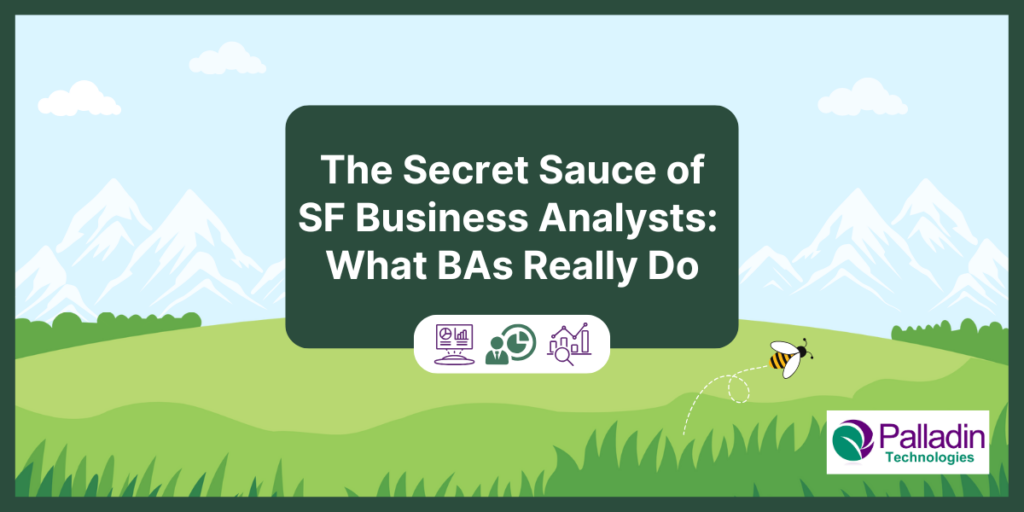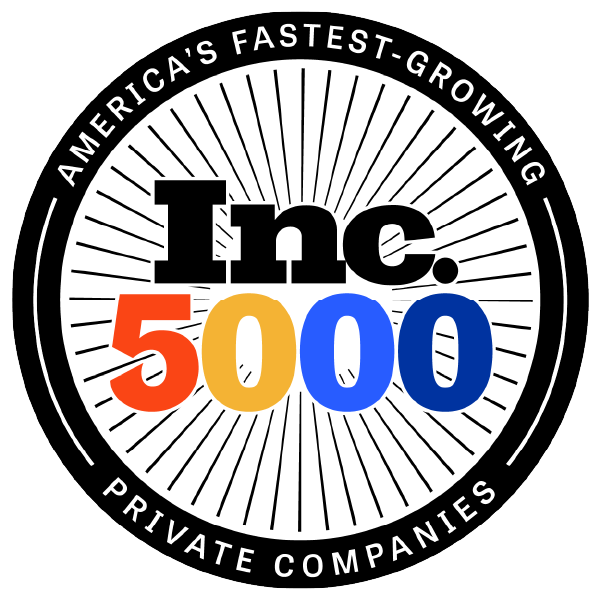Let’s say you’re at a party and get the common question, ‘What do you do?’ Depending on your profession, the answer is usually straightforward or complicated. For a Salesforce business analyst, the response is often met with a few blank stares and many misconceptions.
Simply put, a Salesforce business analyst (BA) helps guide businesses to improve business processes and efficiency in Salesforce. A BA bridges the gap between technology and business by serving as a liaison among business stakeholders and the technical implementation team. They act like interpreters who ensure that everyone is speaking the same language and can get the best results.
Salesforce business analysts are indispensable in today’s digital-centric company environments. Salesforce started as a customer relationship management (CRM) platform and has evolved into a robust ecosystem with a plethora of cloud-based applications and services tailored to streamline various business processes. A BA makes actionable recommendations to maximize Salesforce’s suite of tools and drive data-driven solutions to optimize operations and enhance customer experience.
Salesforce business analysts use a mix of technical and nontechnical skills. But what exactly does a business analyst do? These are the three primary responsibilities of a BA:
1. Gathering and analyzing requirements
A Salesforce business analyst’s first and foremost responsibility is to engage with stakeholders to understand their business needs, challenges, and objectives. A BA will conduct comprehensive requirement gathering sessions, elicit user stories, and document functional and non-functional requirements. This step may involve interviewing stakeholders, conducting research, or observing teams as they work.
2. Solution design and documentation
Based on the requirements gathered, the Salesforce business analyst collaborates with architects and developers to design feasible solutions within the Salesforce ecosystem. They create detailed design documentation, including process flows, data models, and system configurations, to ensure alignment with business goals and best practices.
3. Configuration and customization
Utilizing their expertise in Salesforce configuration and customization, business analysts implement solutions to address a company’s specific business requirements. This task may involve configuring Salesforce objects, fields, flows, and automations, as well as developing custom functionality using declarative tools or coding languages such as Apex and Visualforce.
As Salesforce continues to evolve and expand its footprint, the role of the Salesforce Business Analyst will remain key in navigating the complexities of modern business landscapes. At Palladin Technologies, we help companies navigate these complexities with our business analyst and other services that close the gaps between business and technology.




